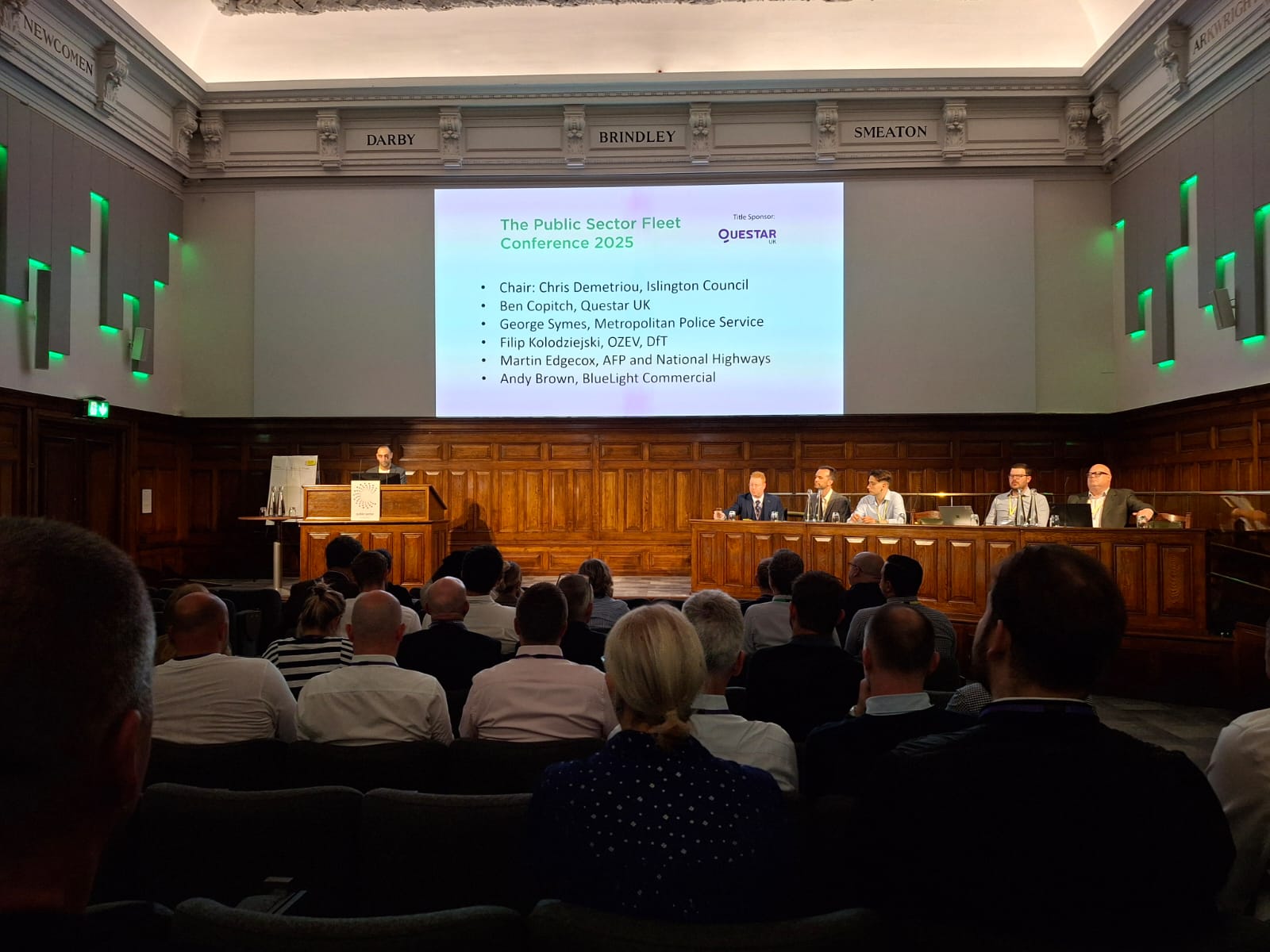Contract Price Adjustment – What Can We Do in the Current Market?

With rising costs for everything from materials to fuel and labour, contracts based on The Consumer Price Index (CPI) are proving difficult to fulfil. The Echelon Group’s Commercial Director Kelly Kerr outlines how a robust commercial model can help to keep the market moving.
Historically, the Consumer Price Index (CPI) – the basis for housing association and local authority rent increases and therefore typically budgets – has been used within the housing sector for annual price adjustments on contracts but CPI is currently running at a much lower level than the rate increases for fuel, labour and materials costs.
Brexit and the COVID pandemic have combined to create a perfect storm where demand for materials continues to outstrip supply and a labour shortage has led to companies having to increase wages to retain staff. At the same time fuel costs have risen amid concerns over supply.
These factors, and others, have contributed to higher operating costs for contractors and CPI is falling short of covering the abnormal rate changes.
As a result of these unfavourable conditions many contractors are choosing not to tender for housing association and local authority contracts and we have seen a significant decrease in the number of bids we are getting for tenders, as well as contractors withdrawing from the tendering process halfway through due to increased risk.
So, the question is “what do we do about it?”
Contractors are being much more cautious about which contracts they are bidding for in the current climate, so as a client you can’t just say “CPI is all you are going to get,” they have to accept that it may well be an issue and equip themselves with the necessary data and information.
At Echelon we have developed commercial models that can help create a clearer picture of where the pinch points are, giving clients the information that they need to enable conversations around price adjustments in the future.
For example, all of the elements on our Price per Property (PPP) model are priced individually giving total visibility over what the contractors have allowed for and enabling special adjustments to be made on individual elements of the price.
Labour is a good example. The salary that the bidder expected to pay for each operative is detailed in the tender. If the contractor can evidence that those salaries have increased by more than CPI we’ve got that baseline to compare to because we had that data in the tender, so it enables us to make a really informed decision.
With regards to materials, we are currently working on establishing a baseline to help measure risk, as while total materials costs are listed during the tender process there is no breakdown of how that cost has been calculated. So, for example if the final cost for widgets is £40 we need to establish if that is for 400 widgets at 10p or 40 widgets at a £1. We are looking at whether we get bidders to submit the unit prices for their top 100 materials as part of the tender price, giving clients a list to compare to in the future.
In theory you can do the same with the fuel prices. If you have based your fuel costs on £1.50 per litre and the cost per litre rises to £2.10, that’s a 40% cent increase, so if in the tender you allowed £20,000 for fuel the overall cost will rise to £28,000 and you are able to adjust the PPP for that element.
It is important to highlight that all of these adjustments can go both ways so if we know the bidder has allowed £1.50 for fuel and in 12 months’ time the cost of fuel falls to £1.20 you can do the same adjustment the other way.
With demand continuing to outstrip supply and ongoing uncertainty over COVID, the issue with CPI looks set to remain for the foreseeable future. At the Echelon Group we are working with contractors and clients to highlight potential problems during our Competitive Dialogue sessions and working with both to assess risk and manage expectations moving forward.
While we understand that clients are restricted to using CPI, our message is “don’t just stick your heads in the sand” accept that there is currently a disconnect and ensure you have the data and information to enable the necessary conversations around contract adjustments moving forward.








